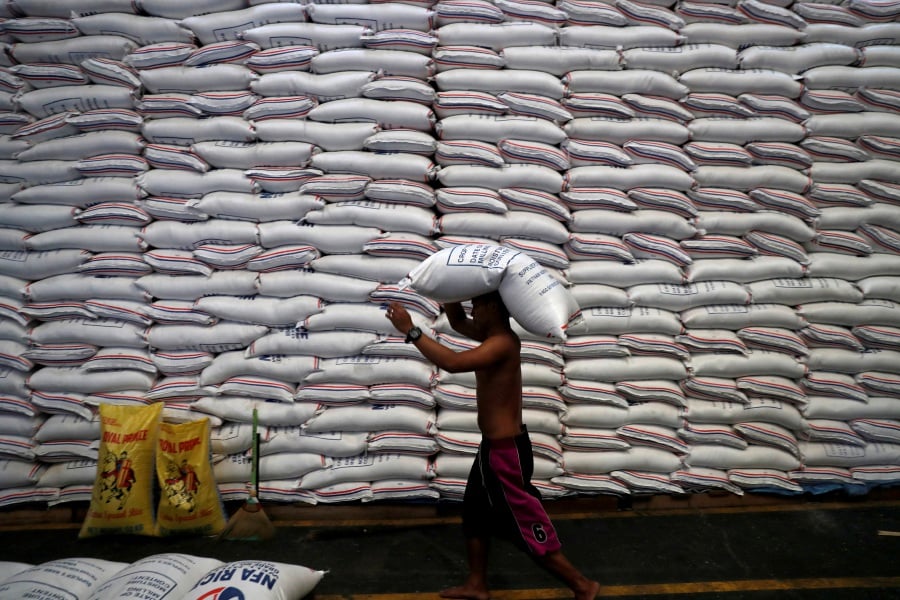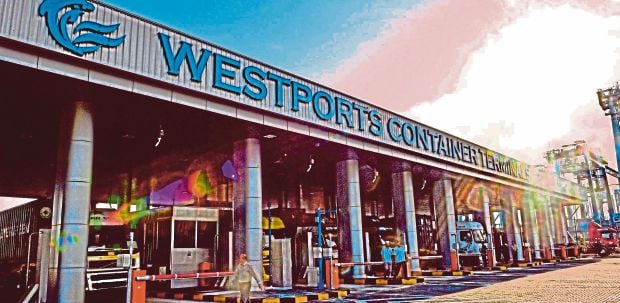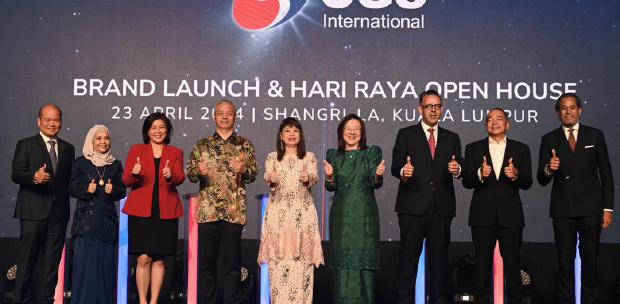KUALA LUMPUR: Rice prices on the global market have eased slightly from their 15-year high despite much public discussion over the price of rice in the past few weeks.
CGS-CIMB Research, in a note, said the prices of Thailand's 5 per cent broken white rice had fallen to US$612 per tonne on September 20, compared to a peak of US$648 per tonne on August 9, 2023. The research firm said prices are still elevated compared to the 2022 average of US$437 per tonne.
"Domestically, the government has stepped up efforts to ensure stable supply and prices for consumers, including designating more local production, random checks at wholesalers, and a limit on business purchases.
"Even so, we think lifting the export ban by India will be crucial for a marked decline in global rice prices," CGS-CIMB Research said.
Further, the research house also noted a statement from India's Rice Exporters Association that adequate rain and a good harvest for the autumn season thus far could improve the supply situation and allow the ban to be lifted by December this year. Malaysia currently has 900,000 tonnes of rice stockpiled, equivalent to 4-5 months of supply.
"Overall, the impact of rising rice prices is still negligible on consumer price index (CPI) growth, as the weightage is only 1.1 per cent. Hence, we maintain our 2023 CPI projection of 2.8 per cent year-on-year (YoY) and our 2024 projection of 2.5 per cent YoY.
Meanwhile, CGS-CIMB Research also noted that the growth in Malaysia's CPI remained unchanged at 2.0 per cent YoY in August 2023 from 23: 2 per cent posted in July, with a month-on-month (MoM) change of 0.2 per cent.
Core CPI declined further, at 2.5 per cent YoY versus 2.8 per cent in July.
Of interest, rice prices recorded a steeper growth of 3.0 YoY, representing the sharpest increase in the subcomponent since 2008. This was mainly a result of the export ban by India since July this year, CGS-CIMB Research noted.
Another interesting development was a limited but noticeable increase in the cost of electricity by 2 per cent YoY in August.
"We think this is a result of the government's announcement of a more targeted electricity tariff subsidy effective July this year, in which 1 per cent of users saw an average 25 per cent rise in their electricity bills," CGS-CIMB Research noted.
On the other hand, transport saw no growth on a YoY basis for August. However, the government has since announced an increase in RON97 fuel price by 10 sen per litre to RM3.47/ per litre, effective the third week of September. This is the second increase in RON97 prices since the Pakistan Harapan (PH) government took office.





